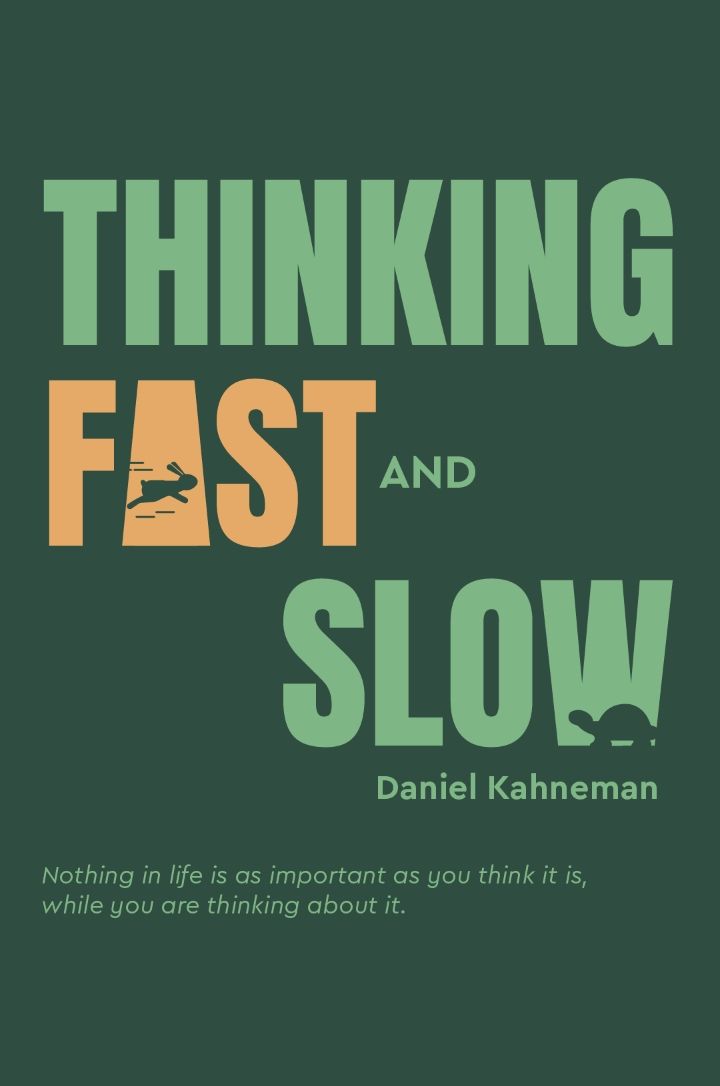The debate highlighted the role of credibility in science from "summary" of Leviathan and the Air-Pump by Steven Shapin,Simon Schaffer
The debate over the merits of Hobbesian and Boylean approaches to knowledge production brought to the forefront the critical issue of credibility in the practice of science. Both parties sought to establish their credibility by employing different methods and criteria. Hobbes emphasized the importance of authority and reputation in determining the veracity of scientific claims. He argued that the credibility of a statement derived from the credibility of the person making it – a position that drew on traditional modes of knowledge production prevalent in the seventeenth century. In contrast, Boyle advocated for the experimental method as the primary means of establishing credibility in scientific inquiry. He believed that credibility should be based on empirical evidence and reproducibility rather than the reputation or authority of the individual making the claim. Boyle's approach was rooted in a more modern understanding of knowledge production, which prioritized observation and experimentation over mere assertion. The debate between Hobbes and Boyle underscored the tension between different conceptions of credibility in science. While Hobbes placed emphasis on the authority of the speaker, Boyle focused on the reliability of the method employed. This clash of perspectives highlighted the complex relationship between knowledge, power, and credibility in the scientific community.- The debate between Hobbes and Boyle revealed that credibility in science is not a straightforward concept but is instead shaped by a variety of factors, including personal reputation, methodological rigor, and social context. The outcome of the debate had profound implications for the future of scientific inquiry, as it laid the foundation for the modern scientific method based on empirical evidence and experimental verification.
Similar Posts

Faith is not a reliable path to knowledge
Faith is not a reliable path to knowledge. One of the main reasons for this is that faith is not based on evidence or reason. B...

Cognitive ease leads to overconfidence
The ease with which we can call information to mind often determines our confidence in that information. When a thought comes t...
Science is a way of thinking, not just a body of knowledge
Science is not a static body of knowledge but a process, a way of thinking about the world. It is a way of skeptically interrog...
Revision notes for quick recap of topics
Revision notes are an essential tool for students to quickly recap topics covered in their studies. These notes serve as a hand...
Preconceived notions can cloud judgment
When we approach a new situation or idea, our minds are often already filled with preconceived notions and beliefs. These preco...

Humans have exploited nature for their benefit, leading to environmental challenges
Humans have always sought to extract more resources from nature in order to improve their standard of living. This behavior can...
The airpump debate reveals the social nature of scientific inquiry
The air-pump debate exemplifies how scientific inquiry is not just a solitary endeavor, but a social process that is deeply int...
Coherence in presenting information
The concept of coherence in presenting information is essential for effective communication. Coherence refers to the logical ar...

